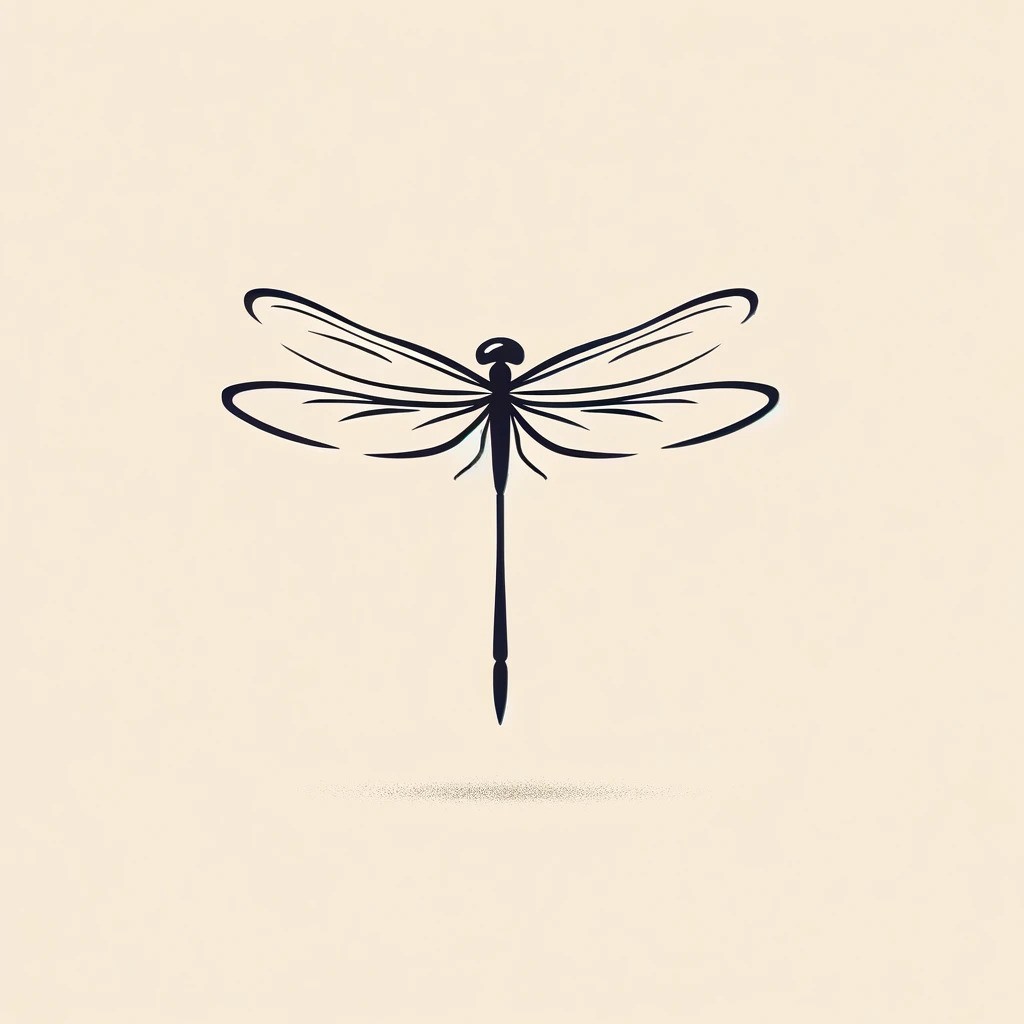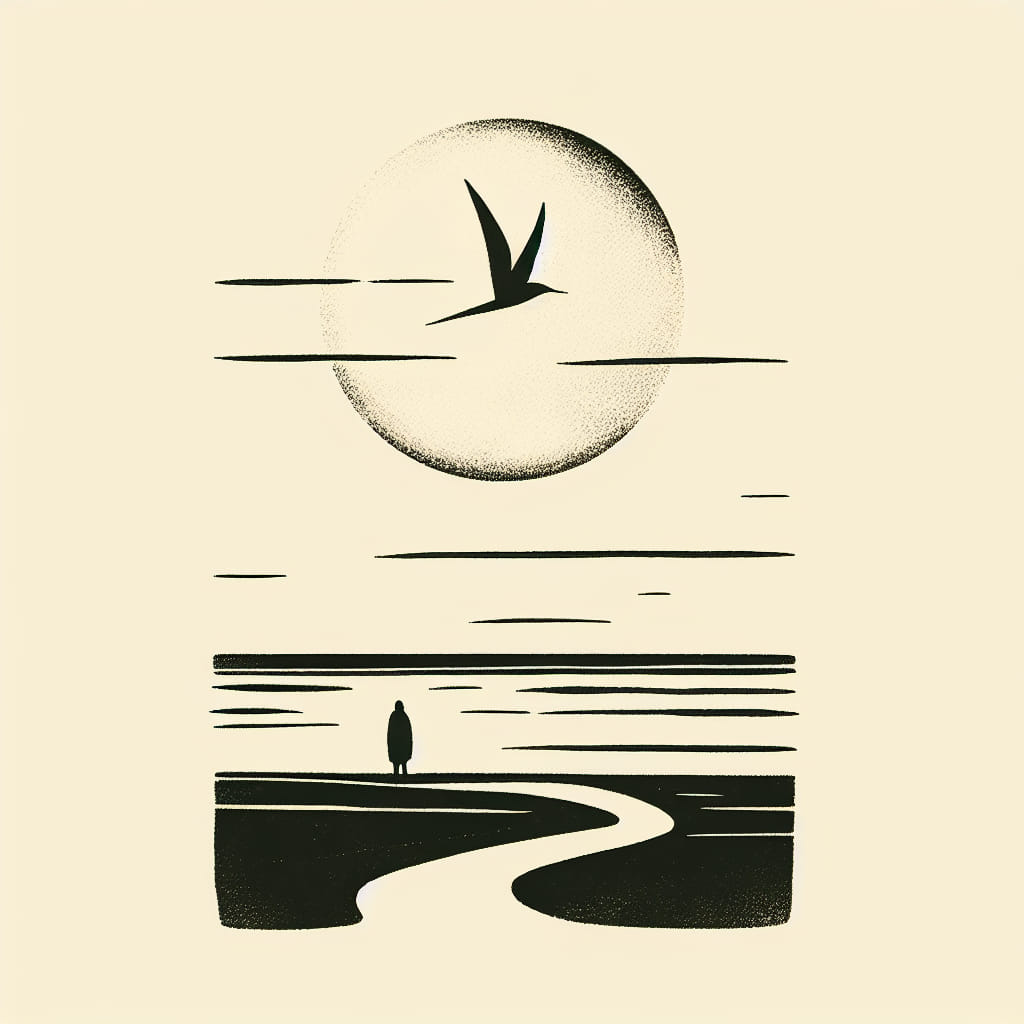· word of the day · 2 min read
Discover the Dragonfly: 蜻蜓 (Qingtíng) in Chinese
Explore the Chinese word 蜻蜓 (Qingtíng), meaning 'dragonfly'. Discover its cultural significance, idiomatic expressions, and poetic elegance in our daily linguistic journey.

The Word of the Day: 蜻蜓 (Qīngtíng)
Pronunciation: qīng-tíng
Meaning: Dragonfly
Part of Speech: Noun
Understanding 蜻蜓 (Qīngtíng)
In the rich tapestry of the Chinese language, “蜻蜓” (qīngtíng) or dragonfly, embodies the grace and poise of these elegant creatures, often seen skimming over tranquil waters in China. Beyond its literal meaning, the dragonfly holds a special place in Chinese culture, symbolizing change, adaptability, and the deeper understanding of the essence of life.
Usage in a Sentence
- Simplified: 秋天的池塘边,蜻蜓飞来飞去。
- Pinyin: Qiūtiān de chítáng biān, qīngtíng fēi lái fēi qù.
- Translation: In the autumn, dragonflies fly to and fro by the pond.
Cultural Significance
The dragonfly, or “蜻蜓” (qīngtíng), is often depicted in traditional Chinese art and poetry, resonating with themes of purity, harmony, and prosperity. In ancient texts, it’s revered for its agile movements and seen as a guardian that wards off evil spirits.
Learning Through Language
Discovering words like “蜻蜓” (qīngtíng) opens a window into the soul of Chinese culture, allowing language learners to connect with the nuanced expressions that shape the narrative of daily life in China.
Join us again tomorrow as we explore another enchanting word and dive deeper into the world of Chinese language and culture. For a more interactive and personalized language learning experience, check out Glosa - your AI-powered companion in mastering the intricacies of Chinese and many other languages.




